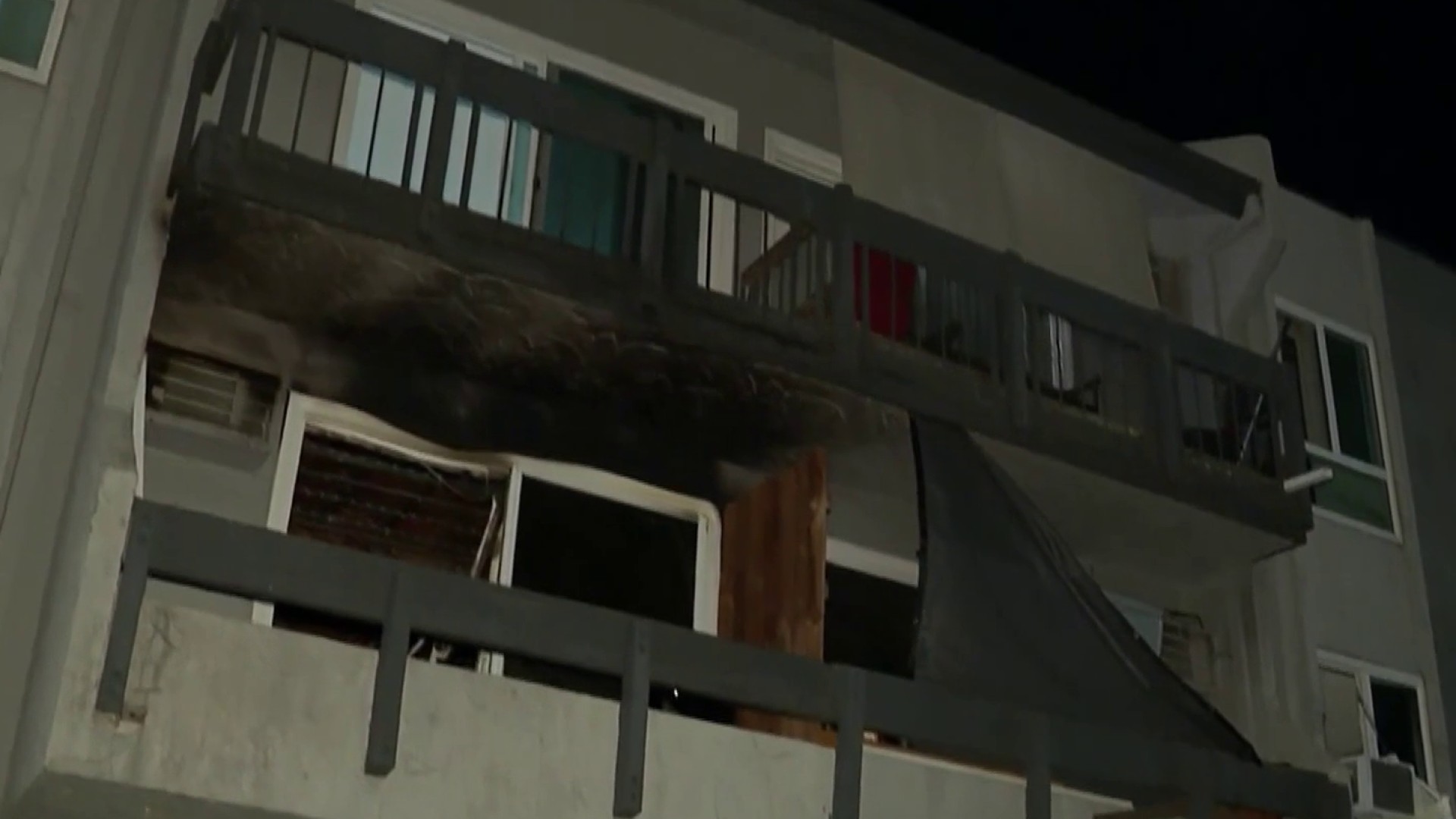
Screening efforts will catch less than half of travelers infected with the novel coronavirus on average, according to early research by scientists at the University of California at Los Angeles.
The study, which was published Monday and is awaiting peer review, found that most travelers with coronavirus have contracted it recently and, thus, may not show symptoms.
Only two-thirds of infected travelers will be detected by departure screening in the best-case scenario, the study found, with the worst-case scenario reporting only 1 in 10 cases being detected. The most consistent factor of successful detection is fever screening, but because many travelers are still within the disease’s maximum incubation phase of two weeks, they are not likely to exhibit the symptom while moving through airports or other transit centers.
"This puts the onus on government officials and public health officials to follow up with travelers after they arrive, to isolate them and trace their contacts if they get sick later," said James Lloyd-Smith, a professor of ecology and evolutionary biology at UCLA and co-author of the study, in a UCLA news release.
The novel coronavirus has infected over 24,000 people worldwide and killed nearly 500, mostly in China, as of Tuesday. There were 11 confirmed cases of the disease in the United States, with one each in Los Angeles County and Orange County.
Some countries have ramped up preventative measures in response to the virus, moving from screenings to quarantines and travel bans. A group of nearly 200 people was placed under quarantine at March Air Reserve Base for possible exposure to coronavirus in China. Following a public health emergency, President Donald Trump signed a temporary travel ban Friday barring foreign nationals who recently visited China from entering the U.S.
Local
Get Los Angeles's latest local news on crime, entertainment, weather, schools, COVID, cost of living and more. Here's your go-to source for today's LA news.
However, Lloyd-Smith expressed concerns than not every country has the infrastructure and resources to enact such policies, according to the UCLA news release.
"Much of the public health world is very concerned about the virus being introduced into Africa or India, where large populations exist that do not have access to advanced medical care," he said.
Though there are no confirmed reports of coronavirus in Africa, the World Health Organization noted on its website that there is a high volume of travel between the continent and China. It recommended against travel and trade restrictions, citing disruption and resource costs as being more costly than the potential benefits.
The WHO also said that “evidence from the past outbreaks shows that effectiveness of entry screening is uncertain,” but suggests it encourages travelers to seek medical treatment if they begin showing symptoms consistent with the coronavirus.
The website hosting the UCLA study cautioned that, because the research has not yet been peer-reviewed, it should not be used to guide medical practices.



